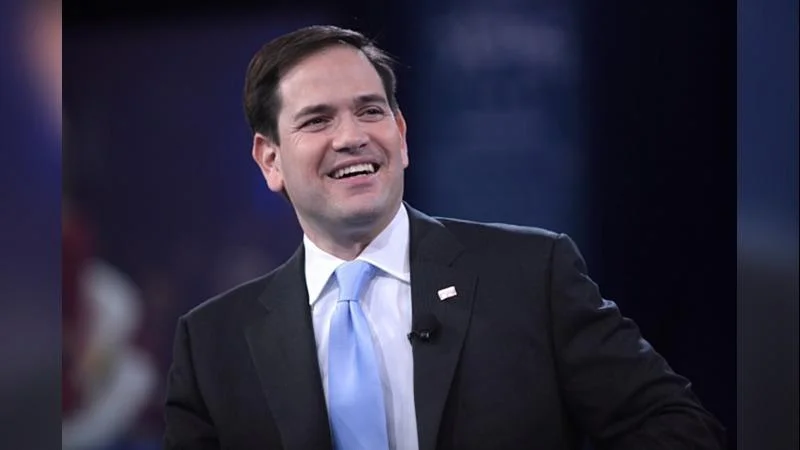Secretary of State and National Security Advisor Marco Rubio discussed ongoing efforts to secure the release of hostages held by Hamas in Gaza during an interview with Margaret Brennan on CBS Face the Nation. Rubio explained that Hamas has agreed to President Trump's framework for releasing the hostages, and current talks are focused on the logistics of how this will be carried out.
Rubio stated, "Hamas has – obviously, look, we’re dealing with Hamas, okay, so let’s take that with – for what it is. But they have said that they agree with the President’s framework for the release of the hostages. So what those talks should be about – and some of that conversation is already happening now; it’s not waiting until Monday in Cairo – is the logistics behind the release of these hostages. How do you stop the fighting? Who’s going to go in and get them? When are they going to be released? Where are picked up? What are the processes for this? That’s what should be – that’s what this conversation should be about at this point because they’ve agreed to the framework of it."
He emphasized two phases: first, securing hostage releases as quickly as possible through negotiations on practical details; second, working toward a Gaza free from terrorism and groups like Hamas. According to Rubio, “right now the most emergent and immediate phase is...they are prepared to release the hostages, let’s discuss through the mediators the logistics and mechanics behind how that happens. And that has to happen very quickly. That cannot drag on.”
When asked about reports of continued Israeli bombardments in Gaza while talks proceed, Rubio said agreement on logistical arrangements would lead to a halt in strikes: "Once you agree on the logistics of how this is going to happen – I think the Israelis and everyone acknowledge you can’t release hostages in the middle of strikes, so the strikes will have to stop." He noted President Trump had asked Israel "to begin to pull back to create conditions for these releases."
Rubio acknowledged challenges due to disrupted communications among militant groups holding hostages but insisted progress must not stall: “While we want all hostages released...if there are five ready right now, they should be released right now.” He called on regional partners such as UAE, Qatar, Türkiye, Jordan, and Egypt to pressure Hamas for swift action.
On broader issues regarding Gaza's future governance after any ceasefire or end of combat operations, Rubio stressed building a Palestinian leadership unconnected with terrorism would require significant international support over time: “You’re trying to build something that doesn’t exist right now...It’s going to take a lot of help from international partners.”
Asked whether combat operations could soon end or shift into lower-intensity counterterrorism missions similar to U.S. practice elsewhere, Rubio responded: “The ideal outcome here is you don’t have to carry out any counterterror missions because there are no terrorists in Gaza.” However he cautioned peace would remain elusive if terrorist groups persist.
Regarding U.S. policy toward Palestinian statehood amid recent international recognition efforts by other countries such as UK and Australia supporting a Palestinian state following prolonged conflict between Israel and Hamas (https://www.bbc.com/news/world-middle-east-68918703), Rubio reiterated longstanding American policy requiring any move toward statehood come via negotiation with Israel: “We’ve always said...the only way you’re ever going to have anything that looks like statehood is in a negotiated deal with Israelis.” He clarified current conditions do not allow for such recognition since no non-terrorist governing body exists for Palestine.
In off-camera remarks after taping concluded, Secretary Rubio reportedly confirmed President Trump continues opposing Israeli annexation of West Bank territory—though this issue was not included within their administration's 20-point peace plan.
###





